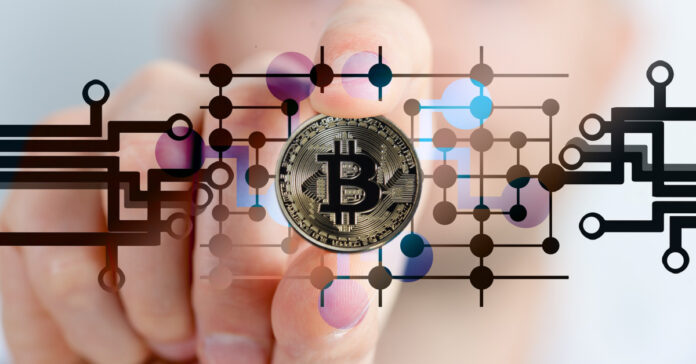I’ve talked about having a few rolls of junk silver on hand in case the SHTF. Junk silver may be useful to buy items after a collapse that destroys the dollar or a catastrophe that destroys our utilities, including the Internet and the power generation and distribution system. Let’s face it, without power and routers, every dime or dollar not in your physical presence might as well not exist because it will be inaccessible. Even valuable in your safe deposit box may be locked away forever if the banks don’t open. If you can’t use your cell phone, a credit or debit card, or your ATM, having $1 million in the bank buys you nothing, but a roll of pre-1965 quarters might.
I’ve also written about barter and the likelihood that survivors will trade with each other after a collapse or other disaster.
Today, I want to cover another alternative to the U.S. Dollar that might be useful in a different type of collapse. I’m talking about having a cryptocurrency wallet on your phone with some crypto on it.
Yes, back in 2020, I did not recommend that preppers buy and hold crypto as part of their preps, but I am willing to reconsider its role as inflation continues to rise, a collapse seems to draw closer, and crypto becomes more common.
Possible Scenarios for Crypto
If the U.S. dollar is devalued through high inflation, you may be able to buy things with cryptocurrency instead of dollars. If gray or black markets pop up where you can buy food and goods no longer available in stores, cryptocurrency may have some utility as a method of payment. Having a wallet on your phone will allow you to make a relatively quick transaction.
Crypto has recently been used in Turkey by people desperate to get out of their crashing Lira. In Venezuela, it was used to buy groceries, goods, and services when their economy collapsed. Why not beat the rush?
If you need to make some anonymous transactions that the government might frown upon, crypto is an option. For example, suppose you could use crypto to buy Ivermectin, which your state might not want you to take? Or let’s say you needed to buy some ammo and you don’t want your credit card company to know. Maybe you want to sell something but don’t want your bank reporting the $600 transaction to the IRS. Depending on the coin you use, crypto can give you anywhere from some anonymity and privacy to very good anonymity and privacy. If you use a cheap reloadable phone that you change (or change the SIM card in) every few months, then you can make these transactions with minimal government supervision. Just remember to store the phone with the battery removed.
Phone Wallets
I use the Coinomi wallet on my phone. For security, I keep just a few hundred dollars of coins on it. The Coinomi wallet gives me access to 10 different coins, including Bitcoin, Ethereum, Dogecoin, Monero and Ripple. There may be other good wallets out there, but I don’t have any first-hand experience with them.
If you have thousands in crypto, keep it in a hardware wallet for security and transfer small sums to your phone wallet when you think you will need to spend them. If you don’t have any crypto, search for a Bitcoin ATM and buy some crypto there to transfer to your phone wallet. Use care with the ATM transaction and you can enhance your anonymity.
Crypto at the End of the World
When Comet X crashes into us or the Yellowstone caldera erupts and covers have the continent with ash, there’s a good chance that your crypto will be worthless. Then again, your dollars and your silver may be worthless as well after some massive catastrophe. That’s why I would stock up on food, improve my access to water, make sure I am all set on shelter, and do many other preps before I invest my prepping budget in either precious metals or cryptocurrency.
Years into that kind of TEOTWAWKI scenario, at least you can melt your silver to cast bullets for a black powder revolver or my muzzle loader. I expect your phone and hardware wallet will be long forgotten.







